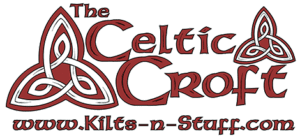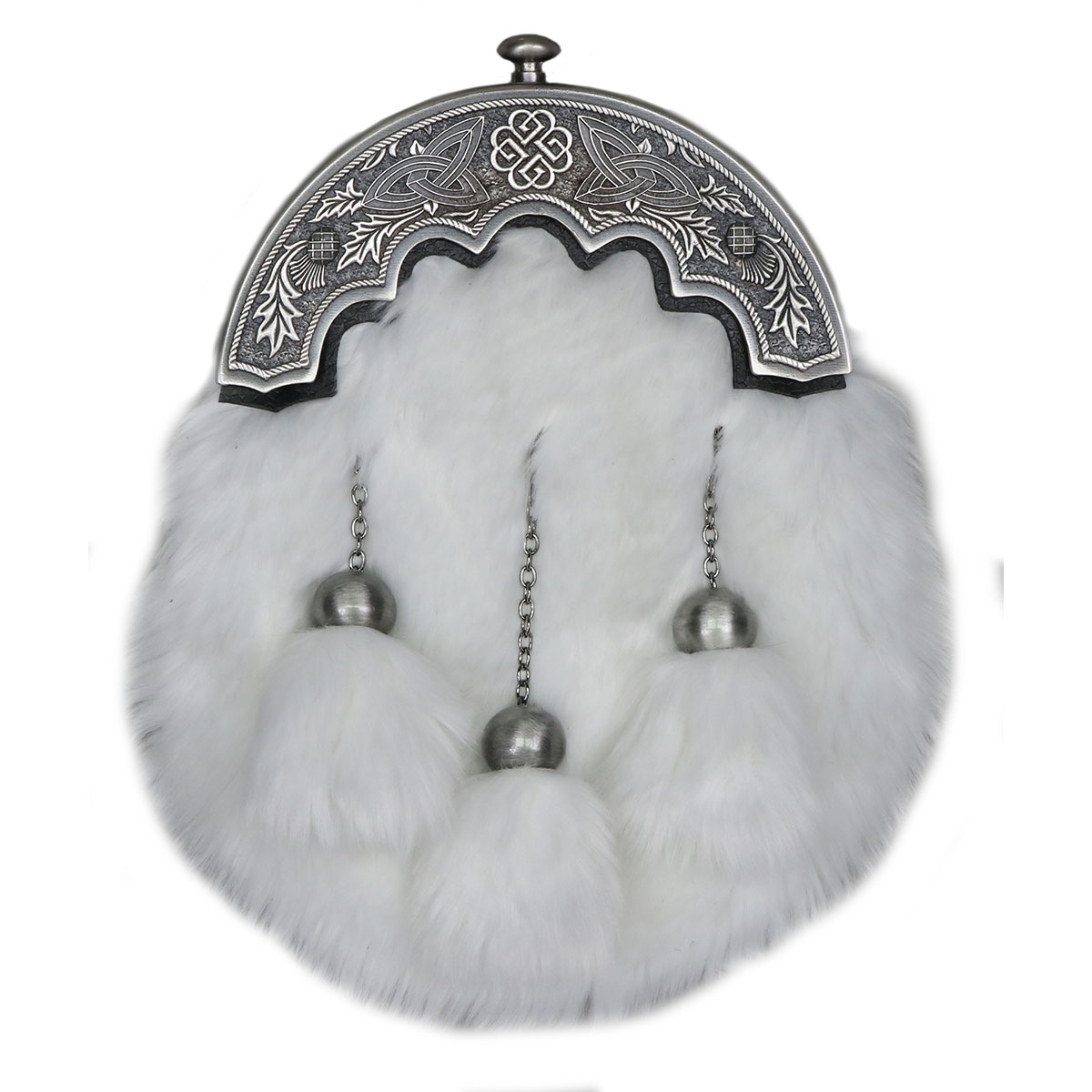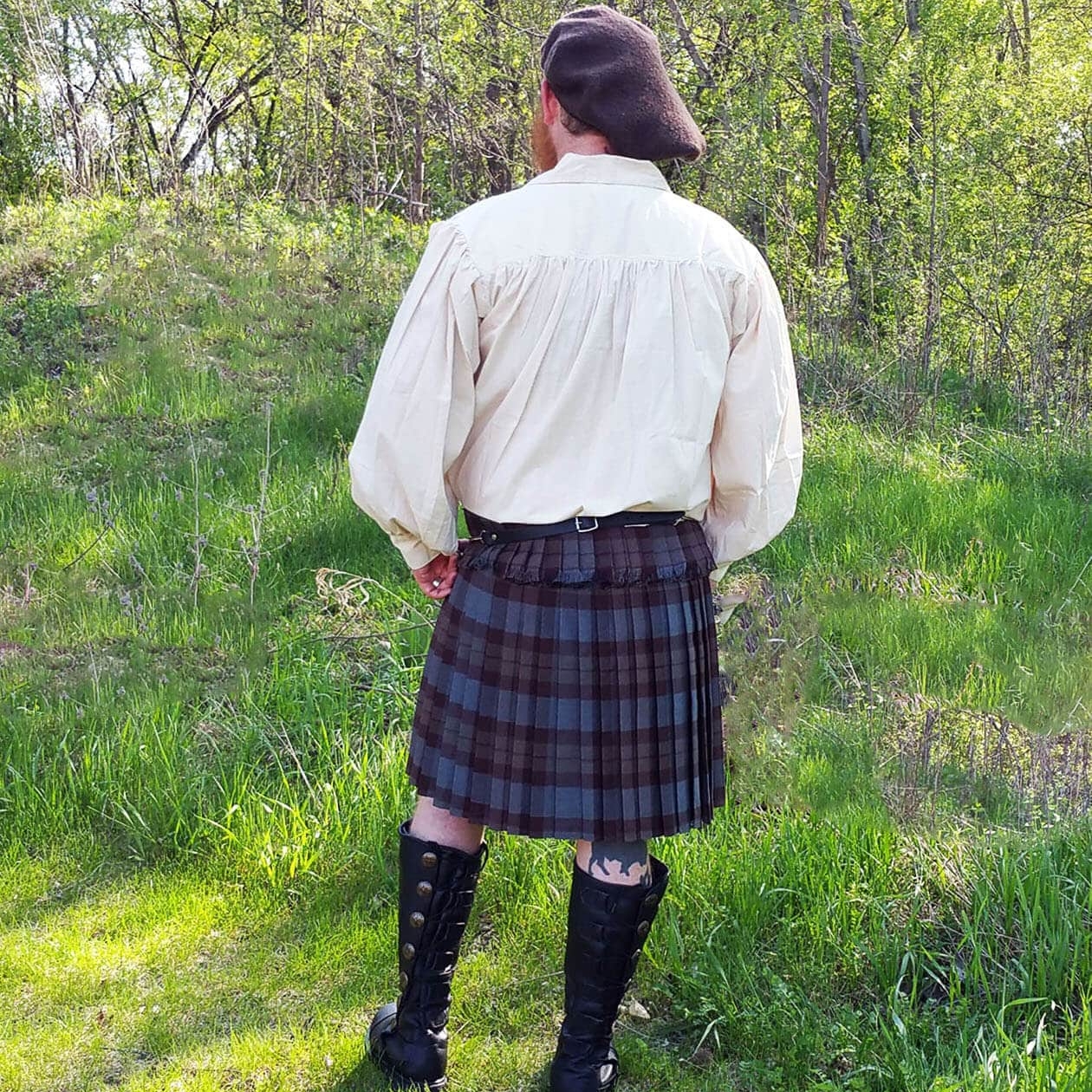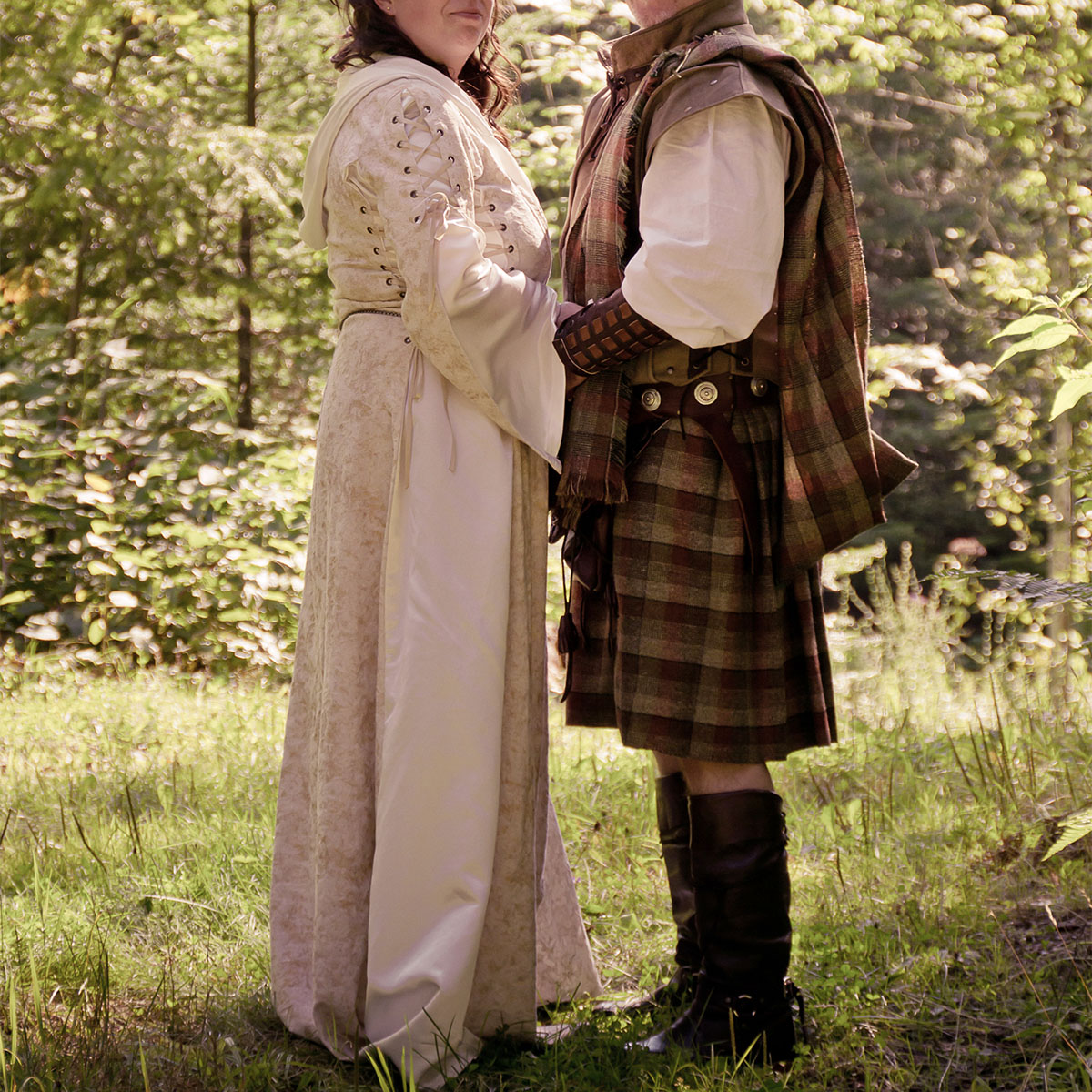If you live in Charleston, Jamestown, Douglas, Aberdeen, North or South Carolina, Vernon, Albany, Hamilton, Caledonia, Dundee, or Dallas, then you live in one of the many thousands of towns, cities, or counties across the country that were named thanks to the Scots coming to America.
If your last name is Patton, Cameron, Macdonald, Fraser, Campbell, Rutherford, Russell, or Gordan, then your ancestors likely hailed from Scotland. And if you like golf, support St Andrew’s Day, or enjoy a whiskey, you are experiencing some of the many customs that came from a small, weathered country on the other side of the Atlantic Ocean.
Why Did the Scots Come to America?
There was nothing particularly unique about the reasons for our Scottish ancestors to come to America. Like millions of other immigrants, many came because the “New World” was seen as the land of opportunity.
Some came for slightly less noble reasons, fleeing after unsuccessful rebellions, being forcibly transported, or left due to religious persecution. And many chose to go because economic conditions in their native Scotland would send many offshore for a better life.

When Did These Immigrants Start to Arrive?
From the early 1600s, immigrants packed up their families, their tartans, and their traditions, and began the migration to America. At that time, the British Isles were divided, with the rule of James VI of Scotland, who became James I of England (the first Stuart king), not bringing about the union of the two countries in the way that many hoped.
Catholics battled Protestants, Scots battled English, and somewhere in between, the immigrants had enough and decided to try their luck elsewhere.
What Made the Immigrants Leave Scotland in the First Place?
Economics, mainly, although religious differences played a part. After the discovery of the Gunpowder Plot in 1605, when a disgruntled Catholic was caught trying to blow up the Houses of Parliament, the resentment against Catholics (the religion many Scots practiced) increased.
When James’s son Charles I declared that he ruled “by divine right” this kicked off the Civil War, and the Scots didn’t do particularly well out of that war, thanks in the main to their support of the Stuart kings.
Did the Scots Have Much of a Choice?
With the two Jacobite kings, James (the Old Pretender) and his son Charles (Bonnie Prince Charlie), both raising armies to try and reclaim the thrones of England and Scotland, thousands of disaffected Scots flocked to support them.
However, in both cases, the Jacobite armies lost, and in the case of the 1745-46 loss, the wrath of the victors fell especially heavily on the losing Scots. Many rebels were transported to penal colonies in the USA, and others forced out of their homes as part of the Highland Clearances of the early 1800s.
But Scotland had never been particularly viable economically on its own. The land wasn’t as arable as those of its neighbors, and heavy taxes and punitive measures following the various rebellions, coming at the same time as crop failures, forced many away from the land and into already overcrowded cities. Emigration would prove to be the best option.
Did They Do All Right When They Arrived?
Andrew Carnegie did, so did George Washington, Neil Armstrong, David Buick, Alexander Graham Bell, Jane Fonda, Katharine Hepburn, Clint Eastwood, and a little-known singer called Elvis Presley.
Of the “millionaire households” in the States, 9.3% claim a Scottish background, according to the Washington Post. Thousands of places across the USA are named for Scottish towns, golf is one of the most popular sports in the country, and every October 31st, millions of children across the States indulge in a tradition that came originally from Scotland, known as “guising” (disguising).
Are There Still Many Scots in America?
According to information in the census from 2017, over five million people in the United States identify with Scots heritage and a further three million as Scotch-Irish. But these figures don’t take into account those people whose ancestors migrated to the United States, but who have lived here for generations. An estimated 20-25 million Americans (about one in eight) have ancestral roots in Scotland.
What Traditions Have Carried Through From Scotland to America?
Scotland gets the credit for inventing the game of golf or at least writing the rules down, and golf is one of the top ten most popular sports in America. Bagpipers are always a popular drawcard in parades, and the art of whiskey making formed the basis of the quintessential American brews: bourbon and malt. But it is the kilt, and tartan, that most clearly identifies Scots in America these days.
Why is Tartan so Popular?
A tartan is more than just a piece of carefully woven material. The kilt, and the tartan pattern woven into it, tells the story of the wearer’s origins – family, history, even status within the clan. Variants include dress, mourning, chiefs’, and even one that the women of the clan are permitted to wear.
Can Anyone Design a Tartan?
Technically yes, but before it’s approved for official recognition, it must meet the standards set by the Scottish Register of Tartans. They will check on origin and rights, whether the design has been used before, and whether the person who submits the design has permission to do.
Is the Tartan Relevant in America Today?
Given that 30 states have their own approved tartan and that even the FBI and West Point have been granted the right to use a tartan, it’s fair to say that the tartan has a special place in America still.
Scottish Memorabilia
While the tartan is the most identifiable Scottish garb and can be worn on special occasions such as weddings or in parades, other memorabilia such as Celtic bags, glasses, hip flasks, or military and law enforcement brooches and pins, are ideal for everyday use. The Celtics have weddings covered too, with specially designed wedding rings to bring a touch of history to this momentous occasion.
Add to Your Scottish Collection
Scotland’s unique culture is as intertwined with American history as a perfectly woven tartan. Find out more about your Scottish ancestry, or the history of Scotland, or both, at The Celtic Croft.







